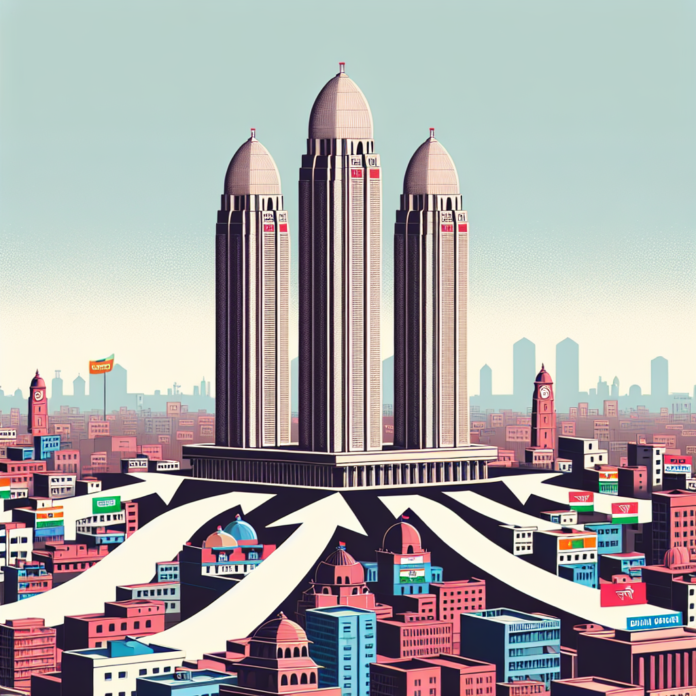Delhi Elections Smaller Players Aim to Disrupt Strategies of Major Parties
Delhi Polls: Smaller Players Aim to Disrupt the Strategies of the Big Three
As the electoral landscape in Delhi heats up, the spotlight is not solely on the prominent parties. Smaller political players are gearing up to make their presence felt in the upcoming polls, aiming to disrupt the traditional dominance of the big three: the Aam Aadmi Party (AAP), the Bharatiya Janata Party (BJP), and the Indian National Congress (INC).
Emerging Contenders
In recent elections, smaller parties have showcased their potential to influence outcomes. With a focus on local issues and grassroots mobilization, these contenders are strategically positioning themselves to capture the attention of voters disillusioned with the major parties. Their campaigns often emphasize community engagement and address specific regional concerns that resonate with the electorate.
Impact on Major Parties
The presence of these smaller players could significantly alter the dynamics of the electoral race. By siphoning off votes from the major parties, they have the potential to upset the anticipated vote shares of the AAP, BJP, and INC. This fragmentation could lead to unexpected results, making it imperative for the big three to reassess their strategies and outreach efforts.
Voter Sentiment and Local Issues
Voter sentiment in Delhi is increasingly driven by local issues such as pollution, infrastructure, and education. Smaller parties are capitalizing on this by tailoring their campaigns to address specific grievances that may not be adequately covered by larger parties. Their ability to connect with the electorate on these issues could play a crucial role in swaying undecided voters.
Coalition Strategies
Some of the smaller parties are exploring coalition strategies to enhance their electoral prospects. By aligning with like-minded groups, they aim to consolidate their efforts and present a united front against the big three. This approach not only increases their visibility but also amplifies their message, potentially attracting a broader base of support.
The Role of Social Media
Social media has emerged as a powerful tool for these smaller parties, allowing them to reach a wider audience without the extensive resources of larger campaigns. Through innovative digital strategies, they are able to engage with younger voters and those disenchanted with traditional politics. This grassroots digital presence could significantly impact voter turnout and preferences.
Looking Ahead
As the Delhi polls approach, the strategies of the smaller players will be crucial in shaping the electoral landscape. Their ability to disrupt the established order presents both challenges and opportunities for the big three. Voter engagement, local issues, and the potential for coalition formations will play a vital role in determining the outcome of the elections. The coming months will be pivotal in revealing whether these smaller parties can indeed spoil the game plan of the major political players in Delhi.

